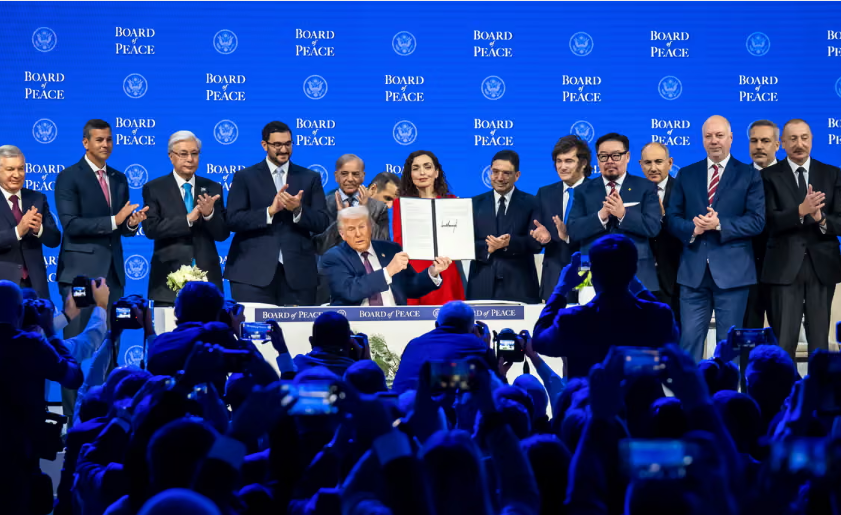Argentine Court Orders Investigation Into The Uyghur Genocide
On July 11, 2024, the Argentine Federal Court of Criminal Cassation handed down its decision in a case concerning the issue of Uyghur genocide ordering the Prosecutor to open an investigation. The decision follows a criminal complaint, originally filed in August 2022, by three non-governmental organizations including the World Uyghur Congress, the Uyghur Human Rights Project and Lawyers for Uyghur Rights, setting out the international crimes committed against the Uyghur and other Turkic people in Xinjiang, China, and the identity of those most responsible for these crimes. The information submitted with the complaint contained evidence of forced labor, forced abortion and sterilization, torture, mass internment in camps, and killings. The complaint was initiated under the universal jurisdiction provision set out in Article 118 of the Argentine Constitution. It allows for complaints concerning international crimes (such as genocide, crimes against humanity, and torture) to be tried by any domestic court in Argentina, and independently from where the crimes are committed. This provision has previously been used to investigate international crimes committed against Rohingya Muslims in Myanmar and crimes against humanity committed in Venezuela.
After the criminal complaint was filed, the Prosecutor decided to archive the complaint because of reports that a criminal complaint in Turkey was pending. In November 2023, victims from the Uyghur community submitted an appeal to the decision. A hearing took place in December 2023 where the court heard that there was no evidence that the issue of the Uyghur genocide was being considered by courts in Turkey. At the time, the judges sided with the Prosecutor’s decision.
In its decision of July 2024, the Court of Cassation held that the Court of Appeal of Buenos Aires had been wrong to agree with the Prosecutor’s decision to archive the complaint and ordered the Prosecutor to open an investigation. Once the case is opened by the Court of First Instance, it will enter the investigatory stage, whereby victims will be called to give evidence. This will provide an opportunity for the Uyghur people to testify before a criminal court in relation to the atrocities committed against the community. After hearing such evidence, the court can indict defendants, issue arrest warrants, and send the case to trial.
The July 2024 decision Argentine Federal Court of Criminal Cassation is an important step to ensure justice and accountability for the community, especially as other legal options are severely limited. Despite efforts by lawyers and civil society organizations, the International Criminal Court (ICC) was not able to take further the case of the Uyghurs. In its report from 2020, the Office of the Prosecutor (OTP) stated that there was no basis to proceed at the time. Further evidence was submitted to the OTP, however, without any progress. Similarly, despite the strong report of the U.N. High Commissioner for Human Rights, Michelle Bachelet, which found that Uyghurs may have been subjected to international crimes, and in particular, crimes against humanity, no further steps have been taken by the United Nations. The report concluded that “the information currently available to [Office of the High Commissioner for Human Rights] on implementation of the Government’s stated drive against terrorism and ‘extremism’ in [Xinjiang] in the period 2017- 2019 and potentially thereafter, also raises concerns from the perspective of international criminal law. The extent of arbitrary and discriminatory detention of members of Uyghur and other predominantly Muslim groups, pursuant to law and policy, in the context of restrictions and deprivation more generally of fundamental rights enjoyed individually and collectively, may constitute international crimes, in particular crimes against humanity.” An attempt to allocate some U.N. time to discuss the findings was blocked.
It is crucial that victims and survivors of international crimes have access to legal avenues for recourse. They deserve their day in court and an independent arbiter considering their testimonies and other evidence available. This will help to establish the truth in relation to gross human rights violations and help them to see a glimpse of justice.












